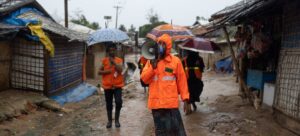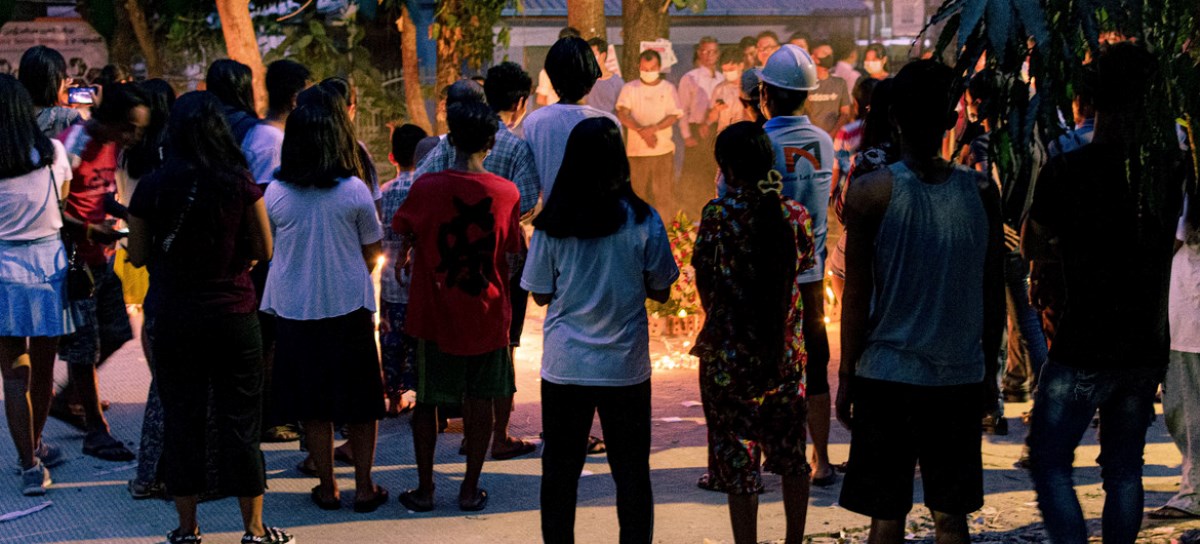News reports indicated that although not as dire as predicted, there were still several killed in Myanmar, and hundreds of thousands of Rohingya were left homeless
 KRC TIMES Desk
KRC TIMES Desk


Cyclone Mocha was one of the strongest cyclones to ever hit Myanmar, the UN aid coordination office (OCHA) in the country reported on Monday, leaving a “trail of devastation” as it moved overland from the Bay of Bengal, particularly in the city of Sittwe, capital of Rakhine State.
Six million people are already in need of relief aid, according to OCHA, as a result of years of conflict and displacement.
Today, hundreds of thousands of Rohingya are living in temporary shelters where their movements are restricted by the military regime, which declared the whole of Rakhine a disaster area in the wake of Mocha.
First reports indicated that the worst of the cyclone spared the major Rohingya refugee camp complex of Cox’s Bazar in Bangladesh, which is home to nearly one million mostly Rohingya refugees, the majority of whom fled persecution and violence in Rakhine, beginning in the summer of 2017.
But news reports indicated that although not as dire as predicted, there were still several killed in Myanmar, and hundreds of thousands of Rohingya were left homeless.

A Rohingya refugee camp in Cox’s Bazar prepares for Cyclone Mocha.
OCHA said there was widespread destruction across Sittwe, with few houses left standing. Many of the flimsy bamboo longhouses in displacement camps were wrecked.
Health, relief items, shelter, water, sanitation, and hygiene needs are already being reported, with the added deadly threat of landmines in the conflict-affected rural areas, having shifted during the flooding.
Early reports have also started coming in of widespread flooding and needs in the northwest – an area that is also heavily conflict-affected.
Heavy traffic was reported during the day due to large numbers of people returning to their Sittwe homes from inland areas, combined with debris on the roads.
News reports also suggest that around 3,000 Rohingya shelters were damaged during the passage of Mocha, with some completely destroyed. The country’s refugee commissioner reported damage to 32 learning centers and 29 mosques.
In the refugee camps where there were 120 landslides reported, at least 5,300 refugees were reportedly relocated to more secure locations, while the Bangladeshi Government said around 250,000 were in need of food and shelter across the region overall by Sunday night.
Authorities in Bangladesh had evacuated some 750,000 people ahead of the storm.





